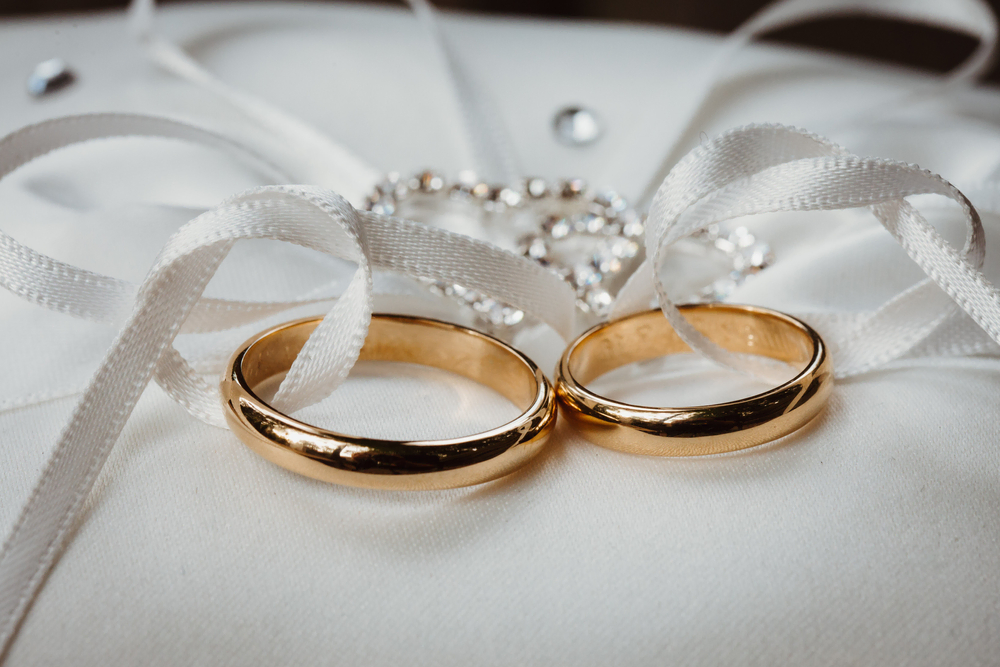Should I Marry a Suitor Who Won’t Provide Me Financially with What I Grew Up With?
Shafi'i Fiqh
Answered by Ustadha Shazia Ahmad
Question
I met a suitor who is employed and can cover the bare minimum maintenance for a wife (basic shelter, basic food, etc.). His preference is I work and spend on any extras (furnishing house, car, extras for children) as I make more money than him. I have always lived a comfortable (middle-class) life, whereas he had more financial struggles. We have different financial goals regarding children’s education, and extracurricular activities are not a priority for him). Of course, rizq (provision) comes from Allah Most High, but is it wrong for me to want someone who aims to provide the quality of life I am used to? He has room for career growth but doesn’t desire to pursue it. I feel if I accept his standard, it may lead to resentment as it will be a huge shift for me.
Answer
Thank you for your question. May Allah reward you for understanding that the fewer differences you have in a spouse may lead to fewer problems, so I pray that you follow your istikhara and follow your heart regarding the suitor.
Suitability
Please see the definition of suitability below. What is defined below does not mean that you cannot marry someone unsuitable, but rather, it means that it is fine to make one of the suitability criteria a factor to consider. The Prophet (Allah bless him and give him peace) said, “A woman may be married for four things: her wealth, her lineage, her beauty and her religious commitment. Seek the one who is religiously committed, may your hands be rubbed with dust (i.e., may you prosper).” [Muslim] This hadith applies to both genders.
The Reliance of the Traveller
m4.0 A Suitable Match (KAFA’A)
(N: The definition of a suitable match should not be misunderstood as a recommendation for whom to marry. It is merely a legal restriction to protect a woman’s interests when the father or grandfather of a virgin marries her to someone without her consent (dis: m3.13,15). As for when she wishes to marry someone who is not a suitable match, and her guardian has no objection, there is nothing wrong or offensive in her doing so.)
m4.1 Suitability concerns lineage, religiousness, profession, and being free of defects that permit annulling the marriage contract (def: m7). (N: As for colour, it is of no consideration in suitability.)
m4.2 The following are not suitable matches for one another:
(1) a non-Arab man for an Arab woman (O: because of the hadith that the Prophet (Allah bless him and give him peace) said, “Allah has chosen the Arabs above others”);
(2) a corrupt man (def: O24.3) for a virtuous woman (O: though it is sufficient for the would-be husband to have given up his wrongdoing);
(3) a man of a lowly profession for the daughter of someone with a higher profession, such as a tailor wanting to marry a merchant’s daughter (A: though an Islamic scholar is a suitable match for any level whatever);
(4) or someone with a defect that permits annulling the marriage (def: m7) for someone without such defects.
Being wealthy has nothing to do with suitability (O: for money comes and goes, and those with self-respect and intelligence do not take pride in it), nor does being elderly.
Follow your heart
Please pray istikhara, and follow your heart regarding this issue, as you may find it very difficult to change your lifestyle drastically after marriage. If you feel you can manage all the changes and be made to work and provide, bear, nurse, and raise them, you are free to make that choice. Remember that your husband will be a role model for the children, so it’s usually wise to choose a man you will be proud of for your children to take after.
Please see these links as well:
[Ustadha] Shazia Ahmad
